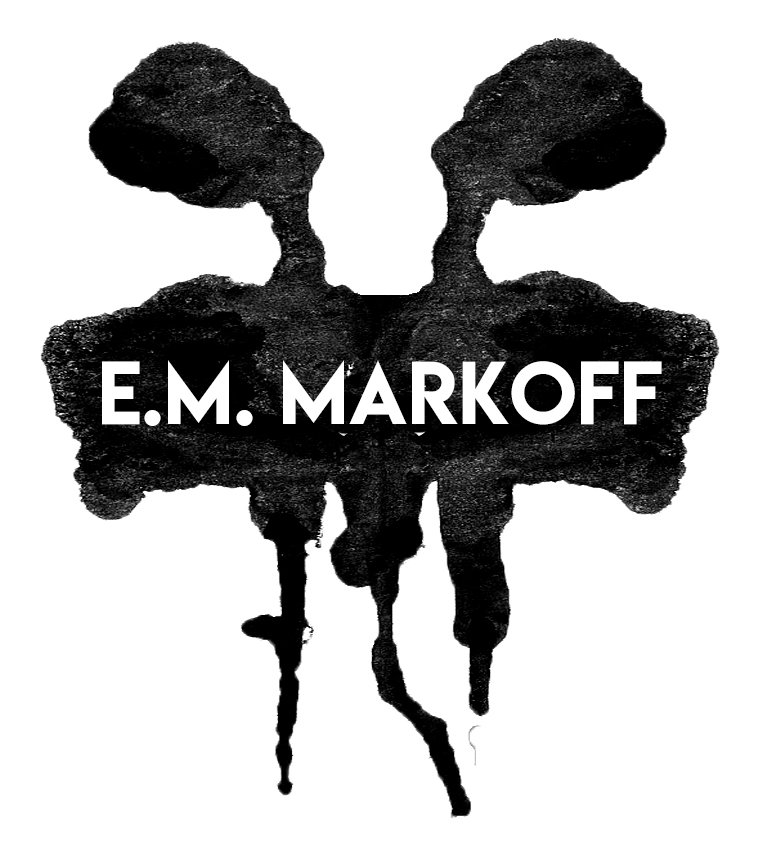Writing Tips I learned at Flights of Foundry
It’s day 66 of sheltering in place in San Francisco. Clear blue skies and blinding sun are dominating the day, and the the Assistant—Kanoqui the Feral Prince—is quite happy with this change in weather. Kanoqui tends to get rather cranky when there is no sun for him to bask in, and he will stare and meow at me as if I had the power to make the sun appear. To date, I have not been able to successfully convey to him that I lack the ability to control the weather. Is anyone else’s fur baby like this, lol?
This past weekend was Flights of Foundry, and it was great! There were a few audio issues at the beginning that made it impossible to hear what the panelists were saying, but the glitches were quickly resolved. The convention went pretty smoothly after that and wow, did I learn a lot! It was the writing therapy I didn’t realize I needed, and my writer’s soul feels much calmer now. As a friend recently pointed out, validation in this industry is important, not just after the book is published, but throughout the writing process as well.
From what I heard there were over a thousand attendees this weekend, which is pretty amazing! I highly recommend attending Flights of Foundry, so keep this one marked in your books for future online literary events.
I wanted to share the writing tips I learned, some of which I may or may not already employ. Sorry for the vagueness, but I don’t want to accidentally give something away about book2/The Faceless God!
Plots aren't static but can develop as you write.
How to use pronouns without it getting confusing:
Read your work out loud. If the balance between name and pronoun is not clear, it’s time put the name in.
Vary the syntax and dialogue.
Switching POVs can help open up possibilities that you didn’t think about before because you were locked into a prior POV. Don’t be afraid to switch POVs.
A way to explore characters (especially in a group dynamic) is to write the dialogue first. It’s OK if the dialogue doesn’t make it into your story, but this can help you get a feel for how your characters speak and interact with each other.
Keep in mind the way characters treat each other and those around them. A character will treat friends, family, coworkers, etc differently.
Write something you are passionate about, and that passion will come through.
You do not have to do an apprenticeship in short fiction to get an agent or be a legitimate writer.
90% of your marketing effort is wasted, but you can’t obsess over it.
How many beats are ideal in a fight scene?
It depends on how big the fight is. Turning points are important to keep the fight from becoming grinding.
Have breathing spaces between dramatic fight scenes.
Track the flow of how information is revealed in your story (i.e., who knows what, and when is that information revealed).
For revisions:
All forms of plotting and revision work so long as it works for you. <3
Make a bullet list of key turning points.
Make a “stakes map” and color code the stakes so you can see at a glance what is happening in your story and to your characters.
Note which character is in which scene and if they need more "screen time" or less.
Forcing yourself to finish the draft or “go on” is not always the right choice. If you feel resistance, you might be pushing the story or character in the wrong direction. Stop writing, look closely over your story, and try to figure out what is throwing your story off.
Watching “making of a movie” videos is a great way to learn how to edit your story by analyzing why certain movie scenes did not make it into finished films.
As you write, take notes of what needs to be changed, and then go back and revise it later so you can get that first draft out.
Be aware if changes in your story during revisions cause a ripple effect. Changing one thing can change everything else.
How your characters develop and behave is not something that is set in stone before writing. Your story is a single work that can change as you write it because of the group dynamics revealed as you progress.
The 3-act story structure used heavily by Western media is not universal. There are also 4-act and 5-act structures. My Neighbor Totoro is an example of a 4-act structure.
Memory is ephemeral, unreliable. The more you remember something, the more distorted it becomes. That kind of unreliability is something you need to be aware of as you write your characters.
Decolonizing the SFF genre:
Question your fundamental assumptions about the world.
S. Qiouyi Lu has a great article on Tor.com that talks about the framework of decolonizing speculative fiction
Even within small communities, no culture is a monolith:
Don’t present communities as purely homogenous.
Don’t have one person represent an entire culture.
Once you are aware of how you are colonizing, that is a huge step toward decolonizing.
The “wrong” or “right” narrative is a Western idea of there being only one truth, that only one side can be right, or that only one narrative can be true. This is not universal to all cultures.
The gender binary was imposed to get rid of traditional gender roles and to impose a system of power that favored gender imbalance. It’s a means of control, but it has been so internalized that it is never questioned.
Do not italicize non-English words.
Revel in yourself and in your culture and don’t worry about whether everyone can relate to it. As long your story is good, the reader will find something to relate to on their own.
I hope you find something useful <3
All the best,
EMM





